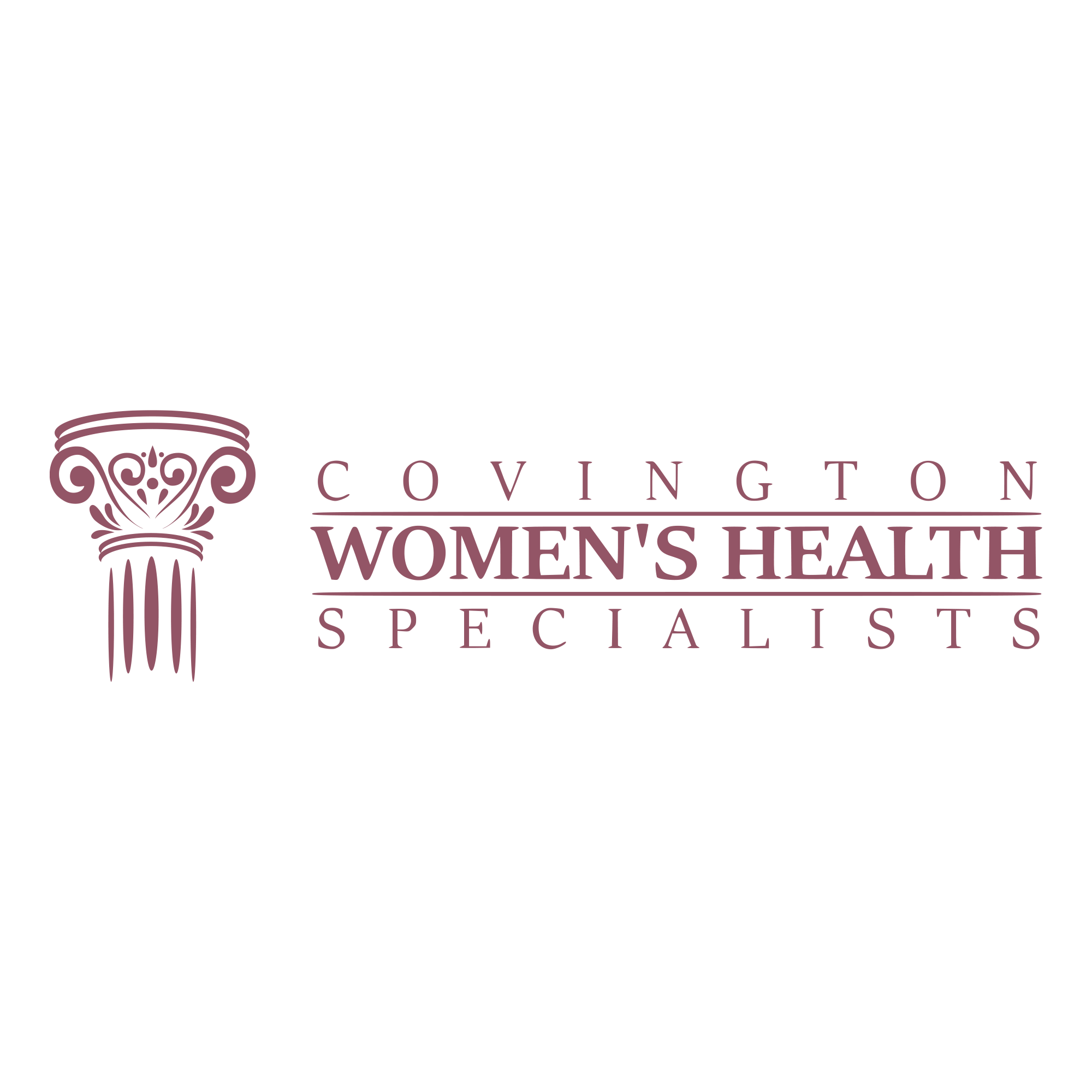What Happens If You Have an STD While Pregnant?
Discovering you have an STD can be upsetting under any circumstances. If you’re diagnosed while you’re pregnant, it can be especially concerning. You may have questions about how the condition will affect your pregnancy, your baby, or long-term health for you both. First, try to remain calm. You’re certainly not alone in this experience, and we’re here to answer your questions.
STD Facts at a Glance
While many of us have been led to believe that STDs are rare, according to 2020 data from the CDC, one in five individuals has an STD or an STI (sexually transmitted infection). Though you might think you’d know for sure if you had one, infections frequently do not cause symptoms. This is one factor that allows infections to be so easily spread.
Still, despite their common nature, it seems STDs continue to wrongly be considered taboo. “The idea that STDs are these gross, life-altering conditions is also deeply stigmatizing, not to mention largely inaccurate,” insists Amy Marturana Winderl, CPT, in her 2018 article for SELF. “In reality, many STDs can be cured with a round of antibiotics, while others can be managed with medication.”
Whether common or not, effectively treating any condition a mother experiences during pregnancy is of the utmost importance to ensure the safety of both you and your newborn.
Having an STD While Pregnant
While STDs can cause the same health issues in pregnant women as non-pregnant women, the challenge is that certain STDs can also affect babies, as they can be passed along during pregnancy, birth, or while breastfeeding. Even if they are not spread to your child, other complications can be serious for you, including premature labor, pelvic inflammatory disease, and uterine infection.
OB/GYNs minimize these risks by testing patients once or twice during their pregnancies. For example, at the first visit when the pregnancy is confirmed, you will be tested for HIV, syphilis, chlamydia, hepatitis B and gonorrhea. Later in the pregnancy, you will be re-tested for common infections such as chlamydia or infections that can affect the baby such as syphilis and HIV.
Infections caused by bacteria are usually cured with pregnancy-safe antibiotics. However, viral infections cannot be cured, but they can be controlled with medications to prevent spread to the developing baby. In the case of HIV, for example, antiviral medications can be safely administered during pregnancy to reduce symptoms and decrease the chance of HIV transmission. In addition to using antiviral medications during pregnancy, to further protect the baby, delivery by cesarean section and treatment of the baby with antiviral medications after birth is recommended.
STD prevention is a solid way to keep both you and the baby safe. Limiting the number of your sexual partners, practicing protected sex, and staying away from shared needles or razors (anything that may expose you to another person’s blood or body fluids), are all advised.
Whether you’re concerned about an infection during pregnancy or you’re simply seeking a trusted partner for your maternity care, allow our providers to help. Our compassionate team is here to support you through every phase of pregnancy, including prenatal and postpartum care. To schedule an appointment, call (770) 385-8954, or fill out a request form online.








